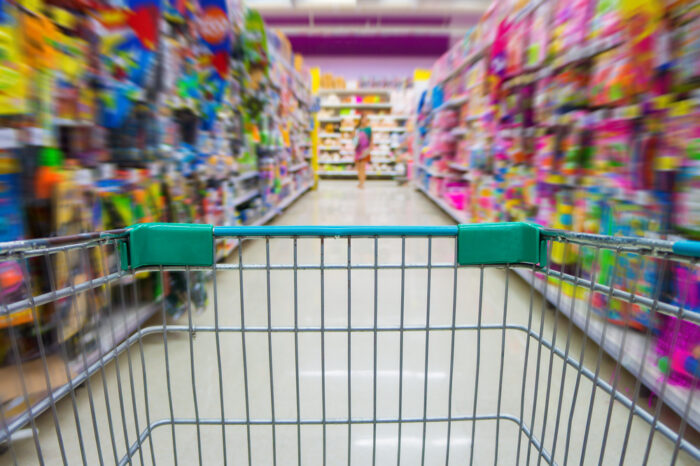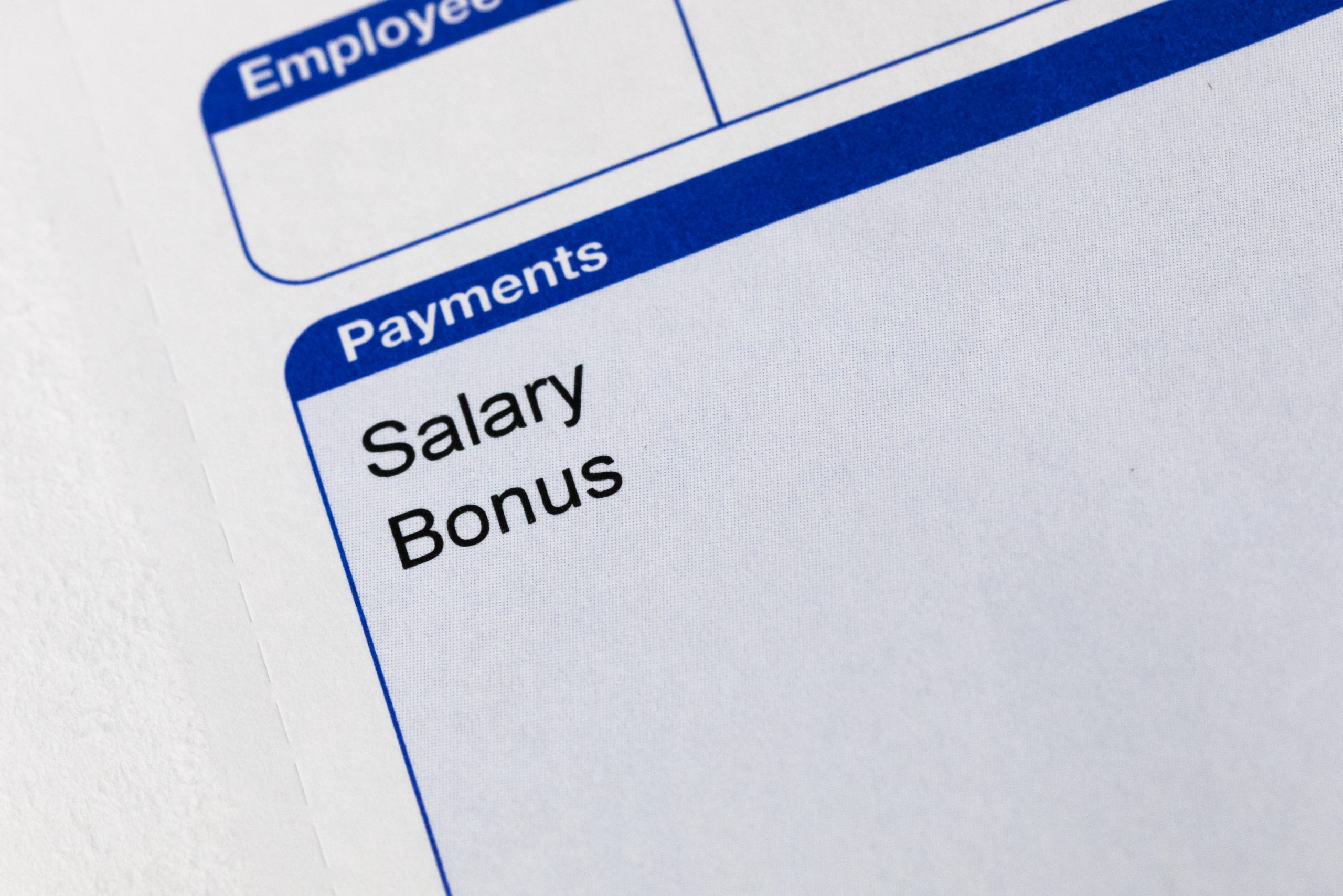Bargain-hunting Brits have saved £1.3bn in four weeks, contributing to the decline in grocery price inflation for the fourteenth month in a row.
Grocery price inflation has fallen from 4.5% to 3.2% in the four weeks to 14 April, with notable cost cuts in the toilet tissue, butter and milk categories.
According to analytics firm Kantar, supermarket deals helped shoppers save £1.3bn in the four-week period – that’s £46 per household.
Indeed, promotional spending made up 29.3% of supermarket sales – the highest level outside of Christmas since June 2021.
Overall take-home grocery sales rose 3.3% in the month.
Snack attack
As well as picking up deals, Brits are fast becoming a nation of snackers, with Kantar revealing we nibbled our way through 93 million more chocolate confectionery items in the year to June 2023 than in the twelve months to June 2013.
But health-conscious Brits also ate 314 million more pieces of fruit in between meals in 2023 compared to a decade ago.
However, as the period covered Easter, 46% of Brits indulged in a hot cross bun, while 37% tucked into an Easter egg.
Kantar revealed that the early Easter didn’t dent seasonal sales, as spending on confectionery topped £100m for the first time ever in the seven days up to and including Easter Sunday.
Fraser McKevitt, head of retail and consumer insight at Worldpanel by Kantar, said: “Higher prices have played a role in reaching that record spend figure, but the number of chocolate eggs sold in the seven days to Easter was also 3% higher this spring than last.”
Grocer growth
Ocado was once again the fastest growing grocer this month, improving sales by 12.5% in the 12 weeks to 14 April, ahead of the total online market, which grew by 6.8%.
Kantar revealed the retailer accounted for 1.9% of take-home grocery sales, up from the 1.7% it held a year ago. Meanwhile, total online sales reached a share of 12% for the first time since July 2022.
Grocery giants Tesco and Sainsbury’s both gained 0.4 percentage points of share in the latest quarter, holding 27.4% and 15.3% of the market respectively. Sales at Sainsbury’s increased by 6.8%, and Tesco grew by 5.9%.
Turning to the budget German retailers, Kantar said Lidl achieved a record 8% share of the market, up 0.4 percentage points over the year, fuelled by sales growth of 9.1%.
Aldi reached a 10% market share first held in September 2023, increasing sales by 2.8%. Earlier this month, it was rated the cheapest supermarket in the UK, with a typical shop costing a third less than the most expensive competitor.
Morrisons remains at 8.7%, which Kantar said was its “best share performance” since 2021.
Elsewhere, Waitrose and Iceland also retained their market share positions at 4.5% and 2.2% respectively. Both retailers saw sales growth of 3.7%.
Asda now holds 13.4% of the market, while Co-op accounts for 5.4%.
May Bank Holiday boost
With the Easter celebrations now over, both shoppers and retailers will now be looking ahead to the two bank holidays in May.
Excluding the Coronation, the weeks before the two standard long weekends in May 2023 saw an average increase in sales of £82m, representing a 3% uplift in spend.
Related: Best of the British aisles: The freshest supermarket offers





